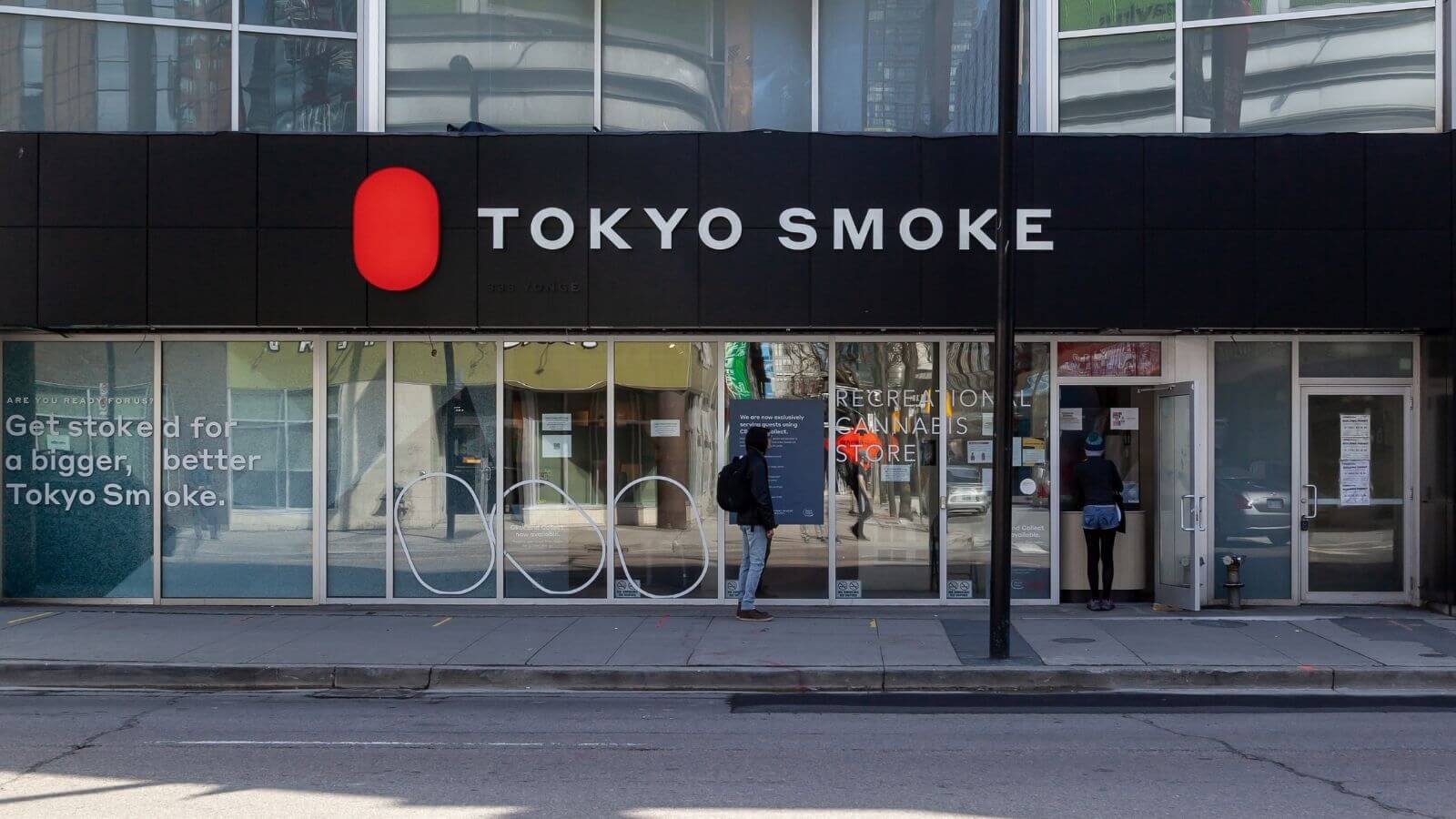The Canadian cannabis industry is currently navigating a turbulent period marked by store closures, creditor protections, and intense competition. As one of the early players in this sector, Tokyo Smoke exemplifies the struggles many retailers face today. This article delves into these industry-wide issues, shedding light on the key factors contributing to the current market dynamics.
Overcrowded marketplace and financial strains
Since legalization in 2018, the number of cannabis stores has mushroomed across Canada, particularly in Ontario. Originally governed by a lottery system, the market opened up in 2020, leading to a flood of new entrants. Retailers rushed to secure prime locations, often incurring high lease costs. The sheer volume of competitors has driven retail prices down dramatically, affecting profitability.
Tokyo Smoke’s recent decision to close 29 stores and seek creditor protection highlights the financial burdens many businesses shouldering. Despite operating 167 remaining locations, the company acknowledged that high operational costs and low retail prices make sustainability challenging.
The impact of an insurmountable black market
A significant challenge for licensed retailers comes from the persistent black market, which remains robust even after federal legalization. Analysts estimate this illicit market is worth between $2 billion to $4 billion. This underground economy drives prices lower and siphons off revenue from legal operations.
Tokyo Smoke cited the thriving illicit trade as a major factor impacting their revenues. Competing against untaxed and unregulated products creates an uneven playing field, forcing legal sellers to slash prices, further squeezing their profit margins.
Product diversification and market adaptation
In response to declining traditional sales, the industry is exploring new product lines to rejuvenate growth. Cannabis-infused vapes, edibles, and beverages are gaining traction, showing potential for future revenue streams. Analysts project the Canadian cannabis market could grow modestly despite decreased retail sales.
Retail data shows a shift towards these innovative products. While monthly recreational weed sales peaked at $469 million in August 2023, there has been a noticeable slowdown with June 2024 recording $405 million. Diversification could be the key to unlocking sustained long-term growth.
The need for strategic restructuring
Experts argue that the current turmoil necessitates strategic business recalibrations. Companies must balance expansion desires with financial health, ensuring they do not overextend resources. A balanced approach involves careful market analysis and prudent investment decisions.
This perspective is reinforced by the mixed outcomes observed in the market—some chains thrive while others struggle. It underscores the importance of adaptable business strategies that can withstand both regulatory changes and competitive pressures.
Adapting to changing landscape
The ever-evolving regulatory and market landscape requires cannabis retailers to remain agile and responsive. Policy adjustments, consumer preferences, and external economic conditions continually reshape the playing field. Businesses prepared to pivot effectively will find more opportunities amidst the challenges.
For instance, Tokyo Smoke’s ongoing presence with 167 operational stores signifies a commitment to adapt and persevere through these periods of transformation.
Key takeaways for success
The experiences of companies like Tokyo Smoke offer crucial insights for success in the cannabis retail world:
- Businesses must mitigate overheads and avoid overspending on leases.
- Tackling the illicit market requires robust policy support to level the playing field.
- Diversifying product offerings can stimulate demand and drive growth, countering the negative impacts of price reductions.
Ultimately, staying abreast of market trends and maintaining financial agility will be essential for any retailer looking to survive and thrive in Canada’s competitive cannabis industry.





